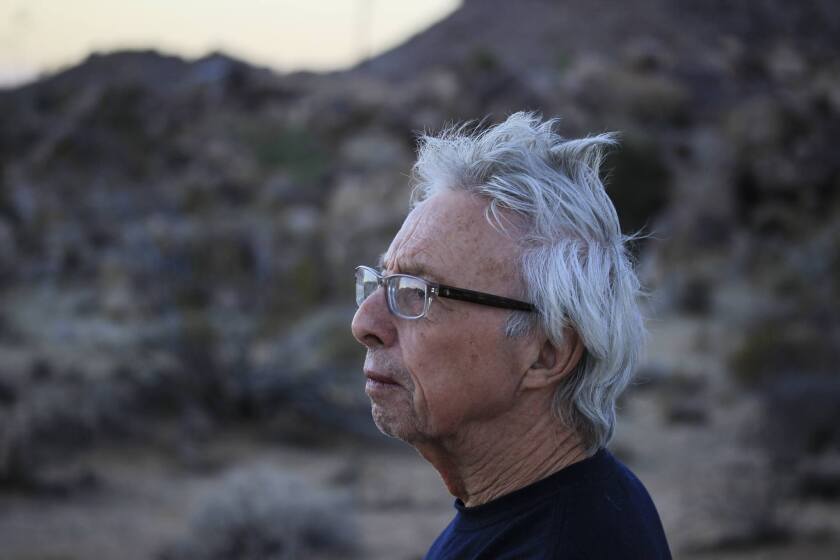Tiki Tom
My Mail is Forwarded Here
- Messages
- 3,526
- Location
- Oahu, North Polynesia
Chuck Yeager. Few modern men have become true legends. He was one of them. R.I.P.
https://edition.cnn.com/2020/12/07/us/chuck-yeager-death/index.html
https://edition.cnn.com/2020/12/07/us/chuck-yeager-death/index.html




